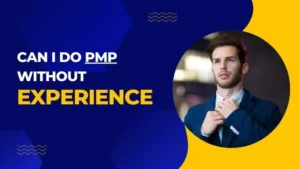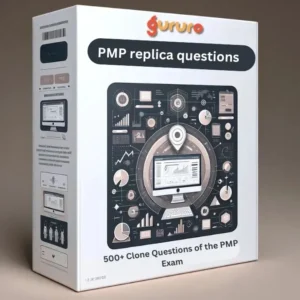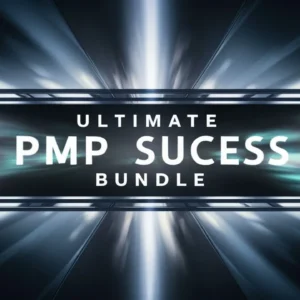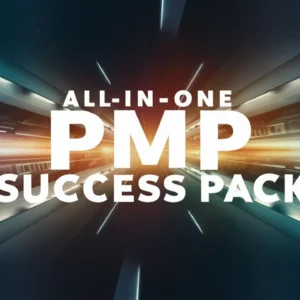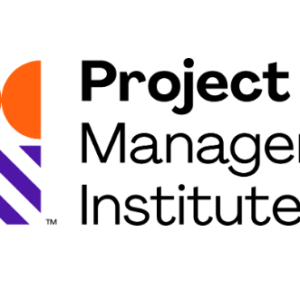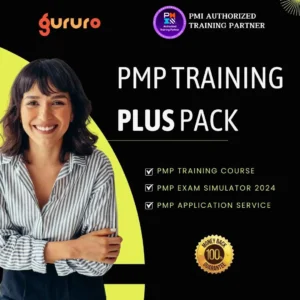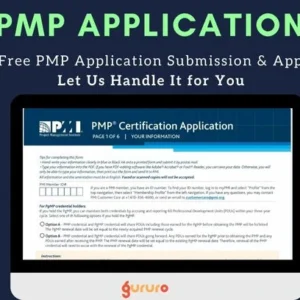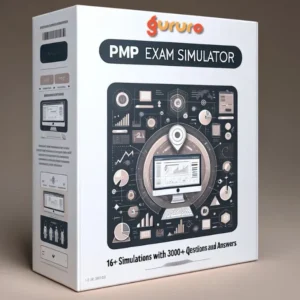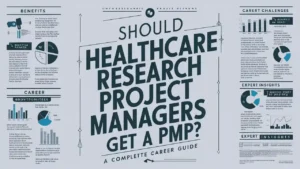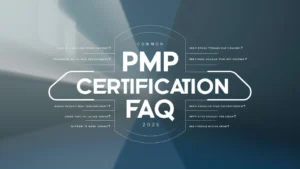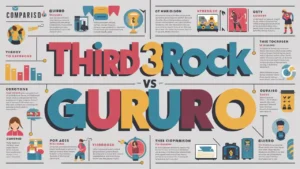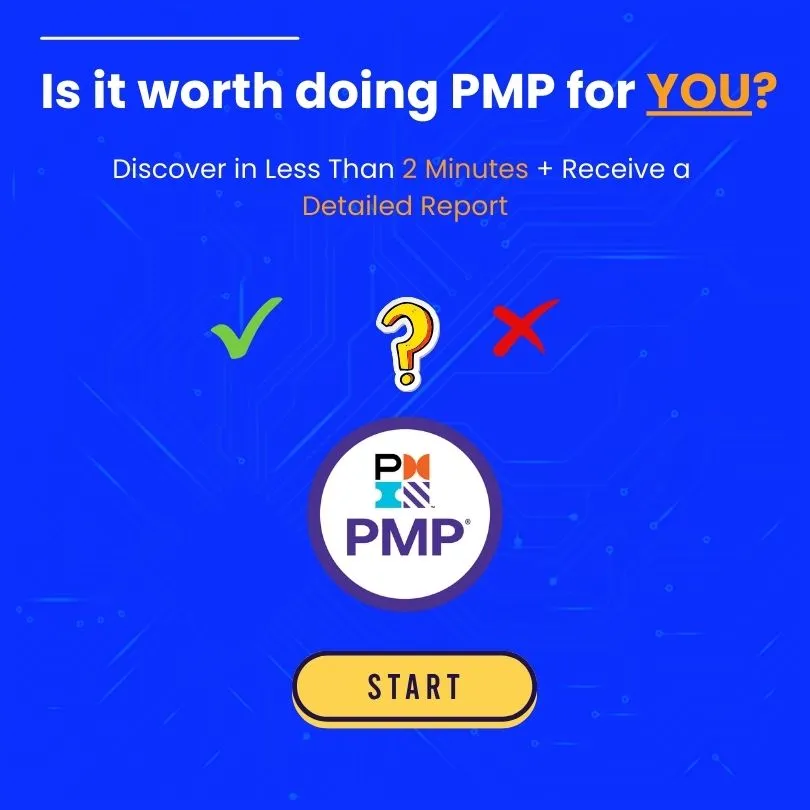Project Management Professional (PMP) certification by the Project Management Institute (PMI) is one of the most sought-after certifications in the project management field. Aspirants often wonder about the prerequisites and specifically ask, 🤔 “Can I do PMP without experience?” We’ll delve into this question in this comprehensive guide.
Understanding the PMP Requirements
In recent days, the PMI has unveiled 📜 new rules for the rescheduling and cancellation of Project Management Certification examinations. These changes were implemented on April 1st, 2012. Here’s a detailed breakdown:👇
Education:
PMI requires candidates to have: 1️⃣ A secondary degree (like high school diploma, associate’s degree) or 2️⃣ A four-year degree (such as bachelor’s or global equivalent).
Professional Project Management Experience:
Experience Criteria based on your educational background:
- With a Secondary Degree: 🕐 7,500 hours of leading and directing projects.
- With a Four-Year Degree: 🕐 4,500 hours of leading and directing projects.
Project Management Education:
Regardless of your professional experience, 35 contact hours of formal project management education are necessary.
Can You Bypass the Experience Requirement?
The simple answer is NO. 🚫 PMI is strict about its prerequisites. It believes that a blend of education and experience brings out the best in a Project Manager.
However, here’s the good news:
- 🌐 Wide Scope: PMI considers any project, whether it’s in a formal setting, non-profit, or even a personal project, as experience, as long as you were leading and directing the project.
- ⏳ Experience Span: Your experience doesn’t need to be consecutive. It can span over several years, making it easier for professionals who’ve had on-and-off stints managing projects.
Misconceptions about PMP Experience
- 🔖 Title Matters: Contrary to popular belief, your job title doesn’t necessarily need to be “Project Manager.” If your role involved tasks and responsibilities resembling that of a PM, it counts.
- 🔄 Complete Project Lifecycle: You don’t need to have experience in all phases of a project. Even if you’ve handled only specific phases, it still counts.
Why Does PMI Emphasize Experience?
The Project Management Institute (PMI) places significant emphasis on experience for the PMP (Project Management Professional) certification for a myriad of reasons. Let’s delve into why experience is such a pivotal criterion:
- 📖 Real-world Challenges: Theoretical knowledge can form the foundation, but real-world project management often presents challenges that textbooks don’t cover. Experience ensures that the PMP certified individual has faced, navigated, and learned from such complexities.
- ⌛ Decision Making: In project management, timely and informed decisions can be the difference between success and failure. Experience provides a wealth of past situations and outcomes that a project manager can draw upon to make better decisions.
- 🤝 Stakeholder Management: One of the most nuanced aspects of project management is dealing with stakeholders. These could be team members, sponsors, clients, or any other entity that has an interest in the project. Only through experience can one gain the skills needed to manage varied and often competing interests effectively.
- ⚠️ Risk Management: Experience equips project managers with the ability to anticipate, identify, and mitigate risks. Having faced unexpected challenges before, experienced individuals can foresee potential pitfalls and have a proactive approach.
- 👥 Team Leadership: Leading a project team requires interpersonal skills, conflict resolution capabilities, motivation techniques, and much more. Experience fosters the growth of these skills, ensuring the team remains productive and harmonious.
- 🏅 Credibility: Clients, sponsors, and stakeholders are generally more confident in a project manager’s abilities when they know the individual has a proven track record. Experience, validated by the PMP certification, offers that credibility.
- 🧠 Knowledge Application: While courses and training provide theoretical knowledge, it’s in the trenches of real-world projects that this knowledge gets tested and applied. Experience ensures that an individual knows not just the “what” but also the “how” of project management.
- 🌱 Continuous Learning: Every project is unique, presenting its own set of challenges and learning opportunities. Experience ensures that the individual has had ample opportunities to learn, adapt, and grow.
- 🧭 Ethical Considerations: With experience comes encounters with ethical dilemmas and challenges. An experienced project manager is more likely to have navigated these challenges, reinforcing the importance of ethics in their profession.
- 📜 Relevance to Certification: For a certification as esteemed as the PMP to maintain its value, it has to ensure that its holders are not just theoretically sound but also practically adept. Emphasizing experience ensures that PMP certification remains a mark of excellence in the industry.
Navigating Your Path to PMP
The ideal route is, of course, through direct project management roles. But if that’s a distant dream, consider these avenues:
- 🙋 Volunteer: Offer to handle extra responsibilities at your job or spearhead a side initiative.
- 🎖️ Leadership Roles Outside Work: Your leadership stint at a club or organization counts.
- 📊 Business Analyst Role: Did you assemble project plans or undertake any project management tasks? That counts towards your PMP eligibility.
- 🌍 Cross-Border Experience: The PMP values diversity. If you’ve worked in another country and performed tasks resembling project management, note those experiences down.
- 🤝 Engage with the Project Management Office (PMO): Seek opportunities in your company’s PMO. If there’s no PMO, discuss with the project sponsors about establishing one.
What Does Qualifying Experience Look Like?
While being a waiter or waitress might not make the cut, your work experience should resonate with project management functions:
- 📅 Drafting project schedules, budgets, or plans.
- 📋 Assigning tasks to team members.
- ⏳ Estimating task durations and sequencing them.
- 👥 Leading recruitment processes for your project.
- 🔄 Modifying the project plan as per changes.
- 🔊 Keeping stakeholders informed about project status.
- 🤝 Resolving team conflicts.
- 💰 Ensuring the project adheres to its budget.
- 📦 Allocating resources effectively.
- 📈 Documenting and tracking project progress.
Applying for PMP – What to Expect
The PMP application involves:
- 👤 Biographical Details: Basics like name, address, phone number, etc.
- 🎓 Educational Details: Highlighting your highest education and the 35 hours of required project management education.
- 🛠️ Experiences: Describe the relevant project management tasks you’ve performed.
⚠️ Note: PMI requires a contact for each project you list. Should they audit you, they’ll verify your claims with these contacts.
Embarking on Your PMP Journey: Tips to Kickstart
- 📖 Immerse in the PMBOK Guide: This is the project management bible. Understand its concepts and practice thoroughly.
- 💻 Enroll in Online Courses: Consider PMP preparation courses from Gururo to get a grip on the essentials.
- 👥 Join PMP Study Groups: Engage with peers, share resources, and hone your test-taking abilities.
- 🔨 Gain Hands-on Experience: Engage in actual projects, be it volunteer work, internships, or personal projects.
- 📝 Attempt Practice Exams: They’re invaluable in highlighting areas you need to focus on.
Alternatives for PMP Aspirants with Less Experience:
If you don’t yet meet the PMP experience requirements, don’t be disheartened. Consider these alternatives:
- CAPM (Certified Associate in Project Management): This is an entry-level certification by PMI. It’s a stepping stone to PMP and doesn’t require experience.
- Gain Experience: Start working on smaller projects, whether in a professional setting or personal capacity, to gather the requisite hours.
- Join PMI Chapters: By joining local PMI chapters, you can network with professionals, gain insights, and even find opportunities to work on projects.
Conclusion : Can I Do PMP Without Experience
Achieving a PMP without direct project management experience might seem like scaling Everest, but with the right strategies and dedication, it’s attainable. While the journey demands effort, the rewards – in terms of career growth and opportunities – are unparalleled. So, chart your course and set sail towards the PMP horizon!
“Remember, every significant journey begins with the decision to try. Best of luck!”

